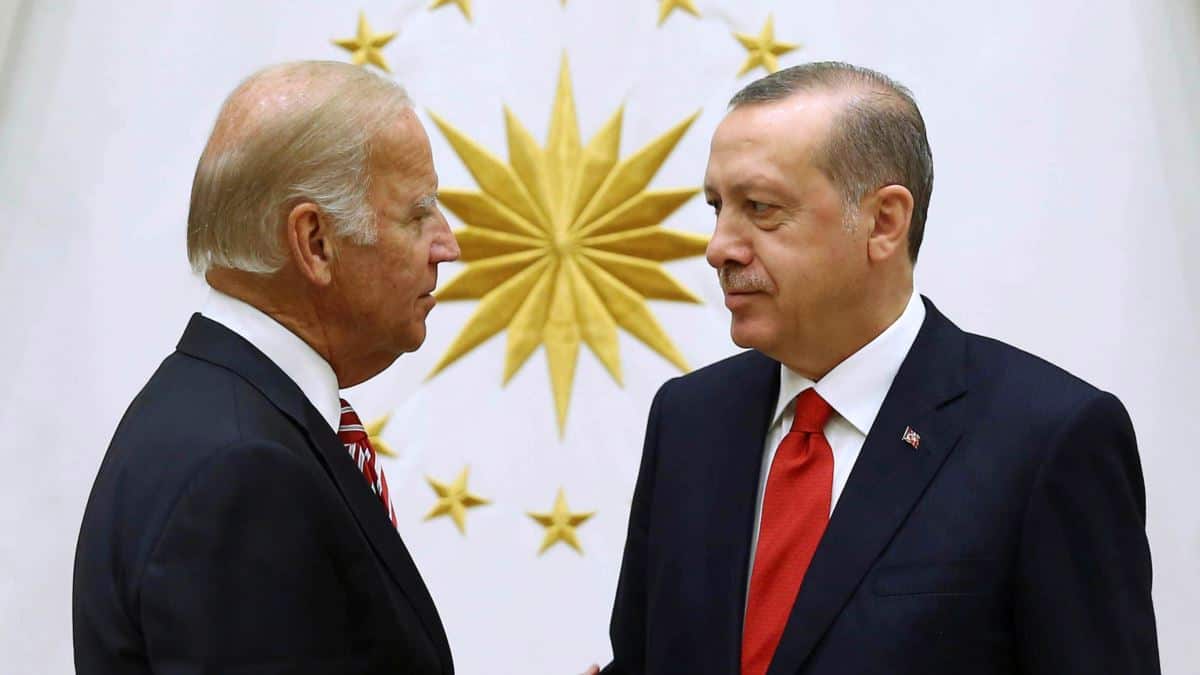
Mevlüt Çavuşoglu’s presence in Paris and his meeting today with his counterpart, French Foreign Minister Jean-Yves Le Drian, is not an isolated event or a bolt out of the blue. After all, Ankara knows that if it manages to reconnect with the French, it will remove the most important “thorn” in its relations with the EU as a whole.
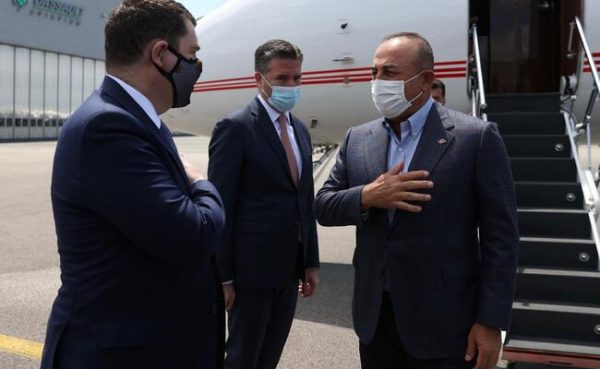
Of course, this is not a simple matter. Apart from the bad personal relations between Tayyip Erdogan and Emanuel Macron (these can be overlooked if deemed necessary and useful for both), it is obvious that the two countries have a lot of differences. Their interests, in other words, are competitive on a number of fronts – from Libya and the Caucasus, to NATO and the southeastern Mediterranean.
However, regardless of the outcome of this latest flirtation with France, the truth is that Tayyip Erdogan’s Turkey at the moment looks like a misunderstood lover, who is trying to convince all his relations that he deserves better treatment. To show, in other words, that he is a good boy and not the bullying agitator of the region – hoping, at the same time, that Turkey’s economy will endure and not be found going over the cliff.
Meeting with Biden is the “Key”
This is the reason why the “openings” concern not only France, but many more actors: the United States, Egypt, and even Greece. They unfold through a barrage of diplomatic initiatives and contacts, which are expected to culminate in June.
The “key” in this process is undoubtedly the United States, as Erdogan knows that if he does not secure their consent or, at least, their tolerance, he can achieve little and risk losing much. Objectively, then, his meeting with Joe Biden, on the sidelines of the NATO summit on June 14, is of the utmost importance.
Three Greeks in the Antalya forum
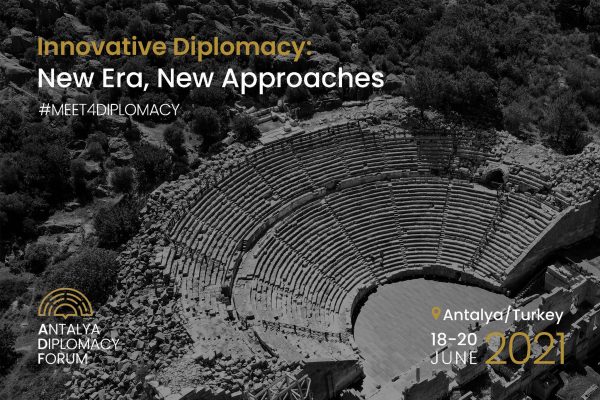
The marathon does not end there, however. A few days later, for the sake of truth, that is, on June 18-20, Turkey organizes a diplomatic forum in Antalya to which it attaches great importance, as it wants to capture its prestige and influence.
This is evidenced by the large number of participants, whose names include prime ministers, presidents or important ministers of several Balkan countries (Albania, Montenegro, Bosnia and Herzegovina, Croatia, Kosovo, and North Macedonia). Iran, Iraq, Pakistan, Afghanistan, Libya, Qatar, Kazakhstan, etc.), EU “Foreign Minister” Josep Borrell, as well as Enlargement Commissioner Oliver Varcelli, as well as three Greeks: the current Vice-President of the Commission, Margaritis Schoinas, the former commissioner Dimitris Avramopoulos and MP Dora Bakoyannis.
Libya and the Balkans
Shortly afterwards, on June 23, Turkey will take part in the second conference on Libya, which is being held in Berlin. Having secured its leading role in the country, it will try to place its client – elites in the best possible position – while at the same time, several Turkish media constantly highlight the fact that Greece has not been invited to the conference. 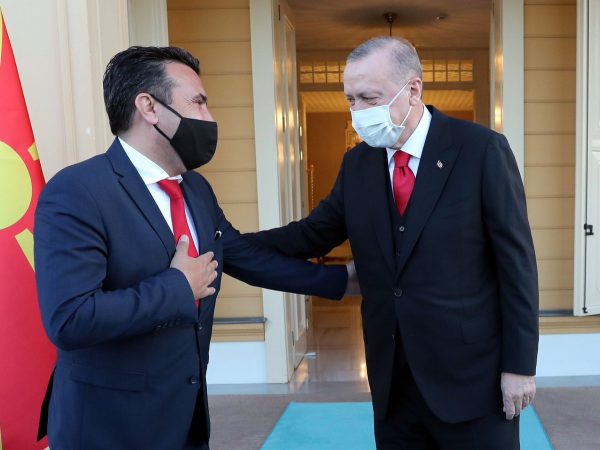
At the same time, often without fanfare, openings are noted elsewhere, with particular attention being shown to the Balkans, as shown by Erdogan’s recent meetings with Eddie Rama and Zoran Zaev. After all, there are many countries in the region that have important historical, religious, and national ties with Turkey, and Erdogan wants to be sure that he will be in the first place in case the “rumors” and the plans on paper take shape.
Although not officially accepted, the issues of border change and overall arrangements are open.
Latest News

FT: Greece’s Economic Rebound a Balance of Growth and Poverty
Eurostat data revealed a significant 10.8% drop in Greek public debt relative to GDP in 2023, alongside a 2% economic expansion, outpacing Germany's performance.
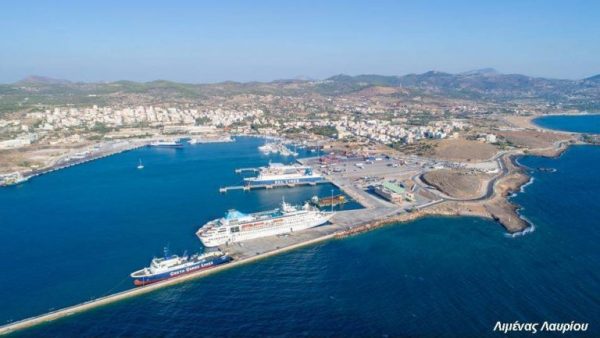
Lavrio Port Authority Next Up for Privatization
A deadline for the submission of expressions of interest is May 14, 2024
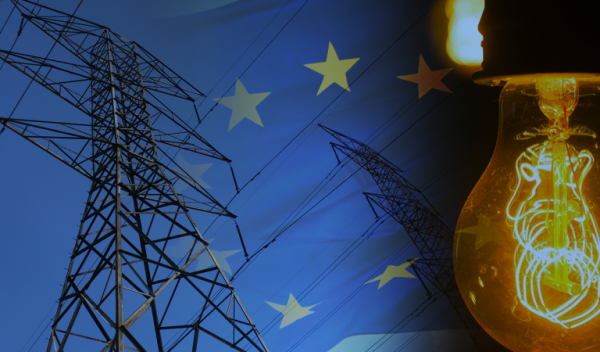
Eurostat: Greece Records Largest Drop in Natural Gas Prices in 2nd Half of 2023
The price of electricity and natural gas in Europe was down following a substantial surge that began before the Russian invasion of Ukraine and peaked in 2022
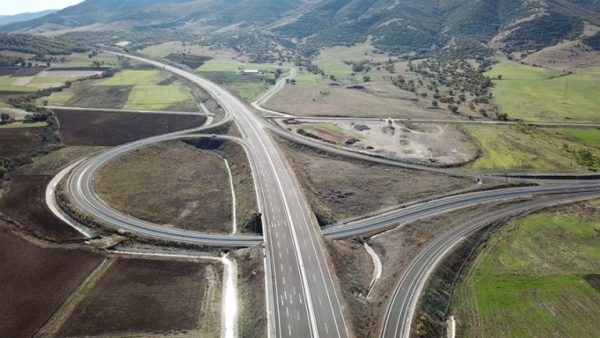
GEK TERNA Still Considers Leveraging Concessions Portfolio as Financial Tool
President and CEO of Gek Terna George Peristeris explained the company's plans on Tuesday on the sidelines of the inauguration of sections of Greece's E65 highway

NielsenIQ: 3% Supermarket Revenue Increase in Q1
Private label products are gaining traction, comprising 25.4% of shopping basket shares, up from 24.7%

Store Hours Change Today in Observation of Orthodox Easter
The President of the Athens Chamber of Commerce hopes the Easter period will provide a much-needed boost to retail traffic in the capital
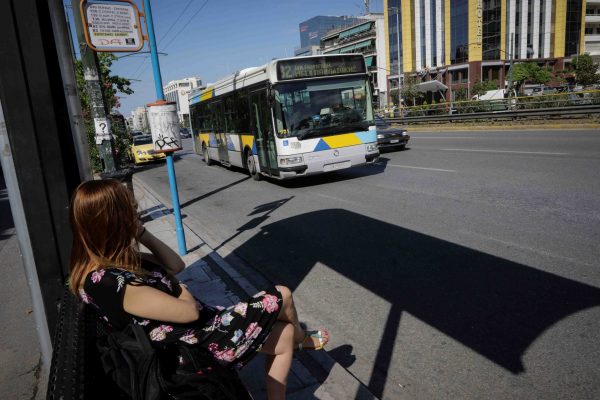
Athens-area Mass Transit Systems Set to Finally Install Contact-less Fare Payment
Paying fares via bank cards, smartphones and smartwatches in all mass transit systems in the Greek capital, namely, buses, trolleys, the metro and tram lines, is scheduled by the end of the year

Council of State Rejects Motion Against Thessaloniki Motorway Project
The motion was filed earlier this month by three local citizens’ and environmental groups and generated a high court decision for a temporary stay in construction

Greek 30Y Bond Issue Oversubscribed by 11 Times
Very high demand pushed down the coupon's interest rate to 4.125%
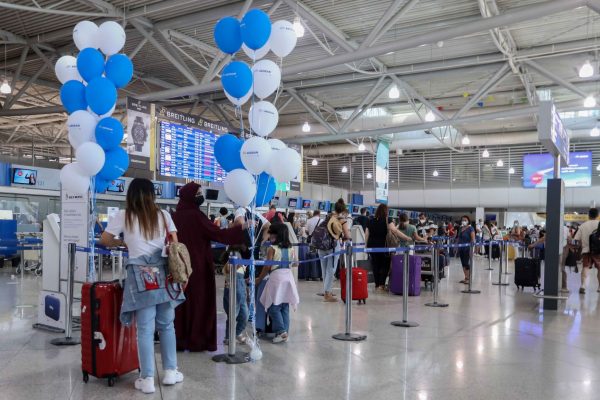
Athens Int’l Airport Wins Top Prize at Routes Europe Awards
The Routes business is focused entirely on aviation route development and the company's portfolio includes events, media and online businesses




























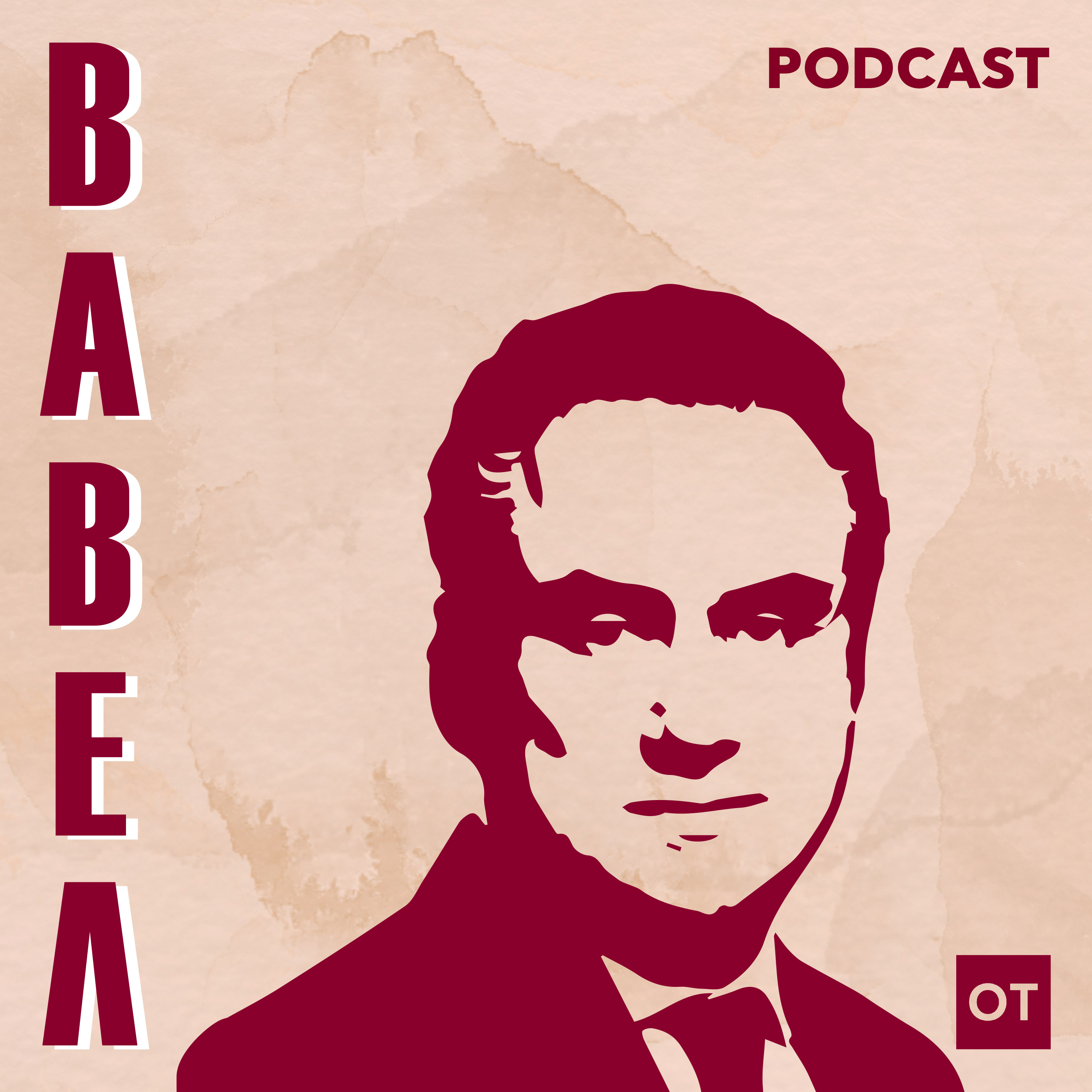
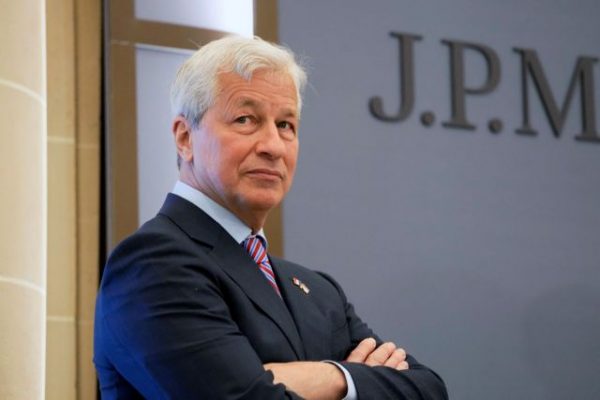




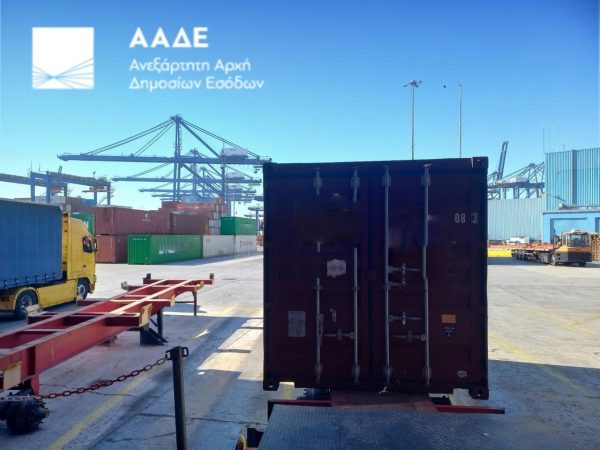

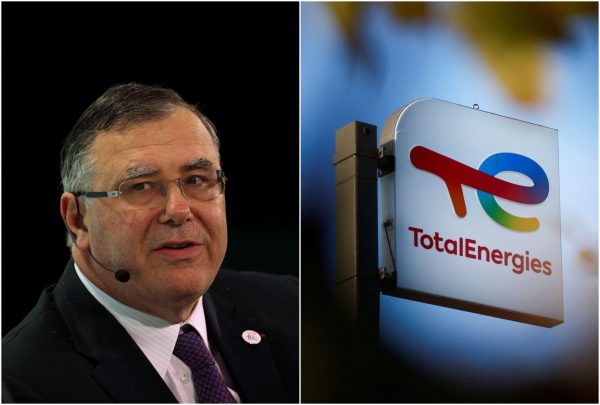




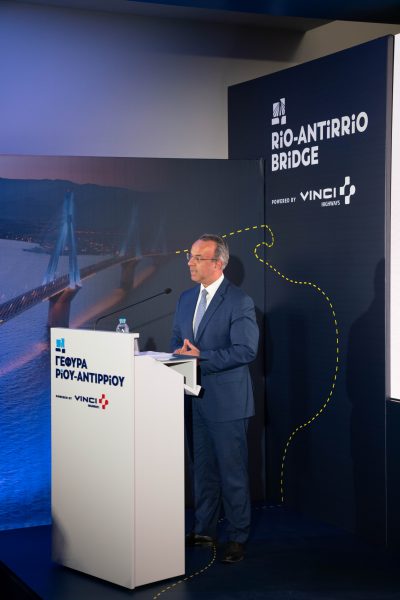

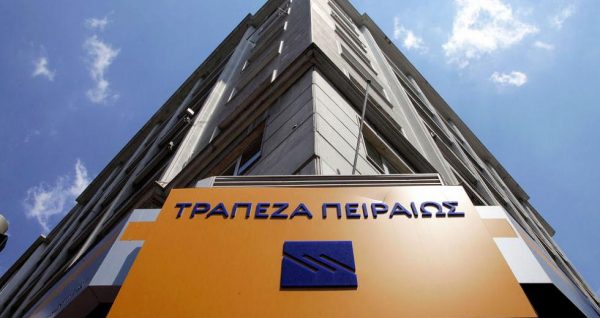
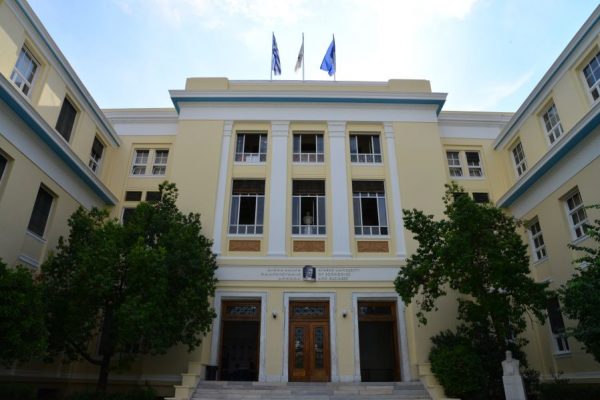
 Αριθμός Πιστοποίησης Μ.Η.Τ.232433
Αριθμός Πιστοποίησης Μ.Η.Τ.232433